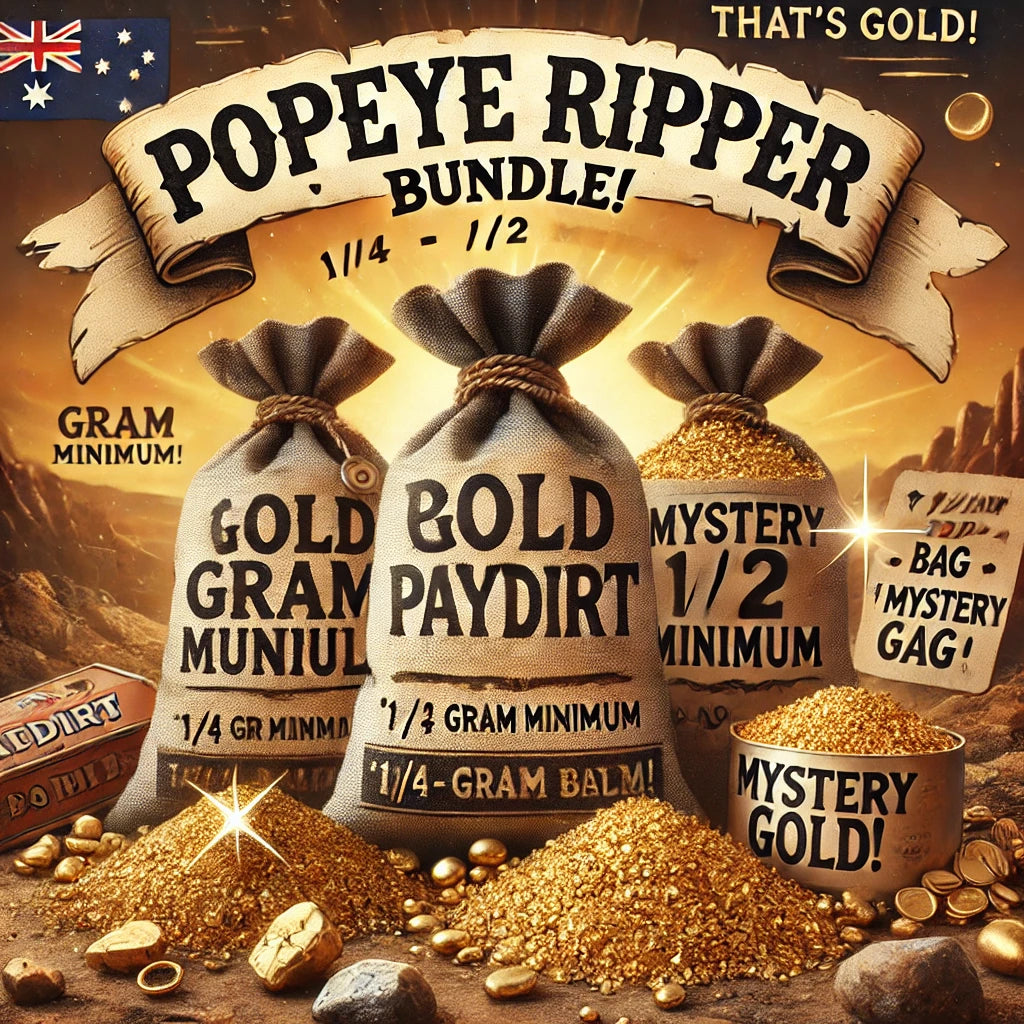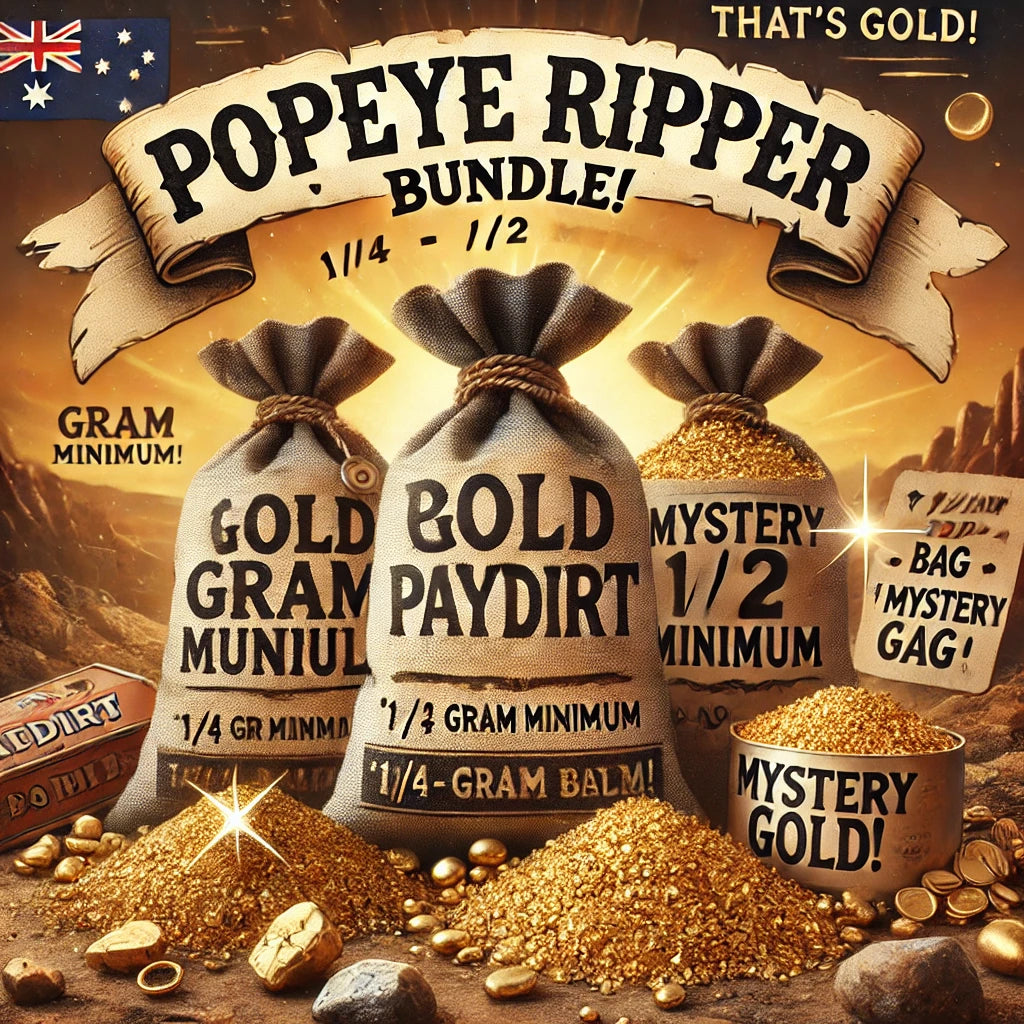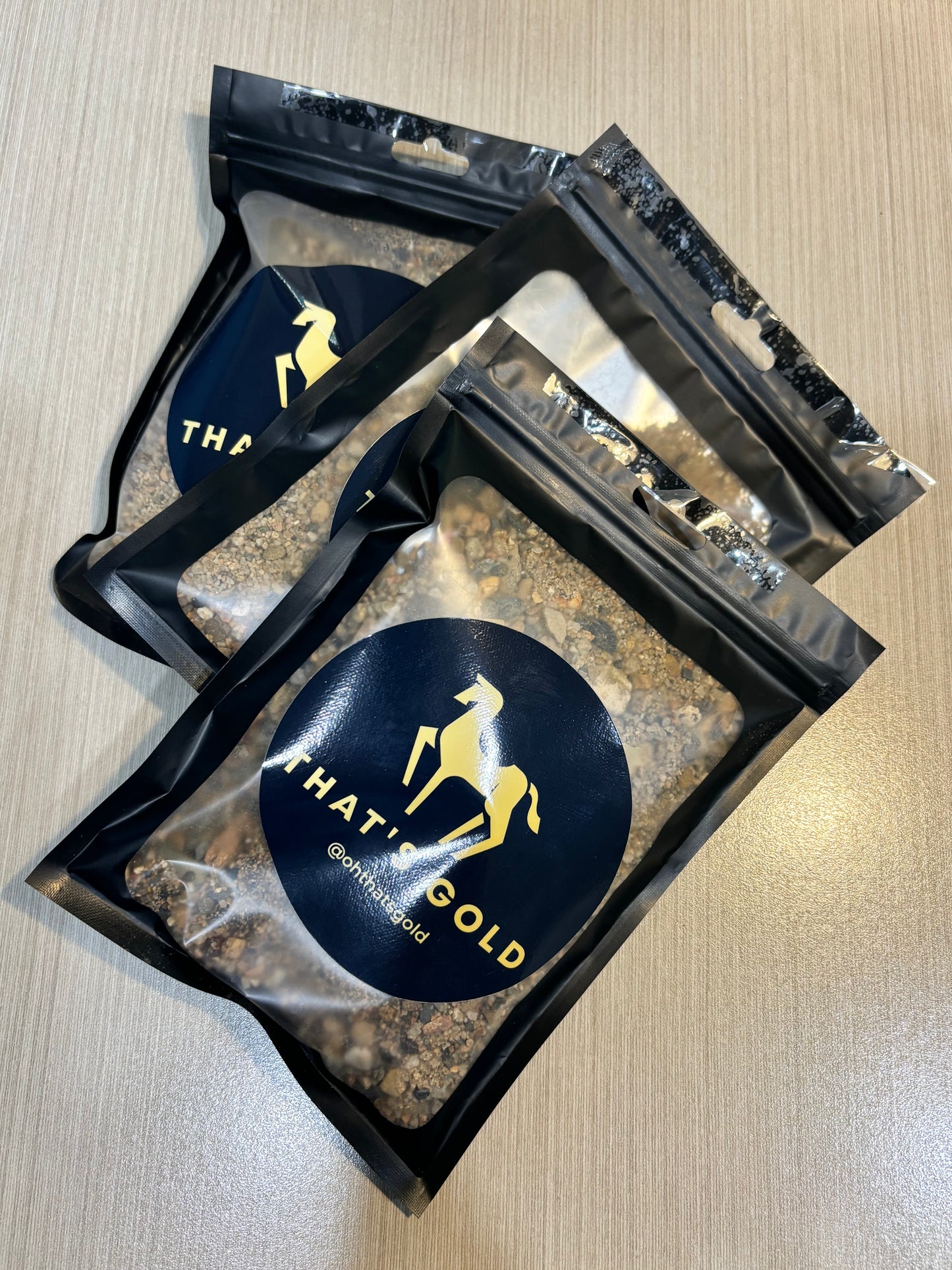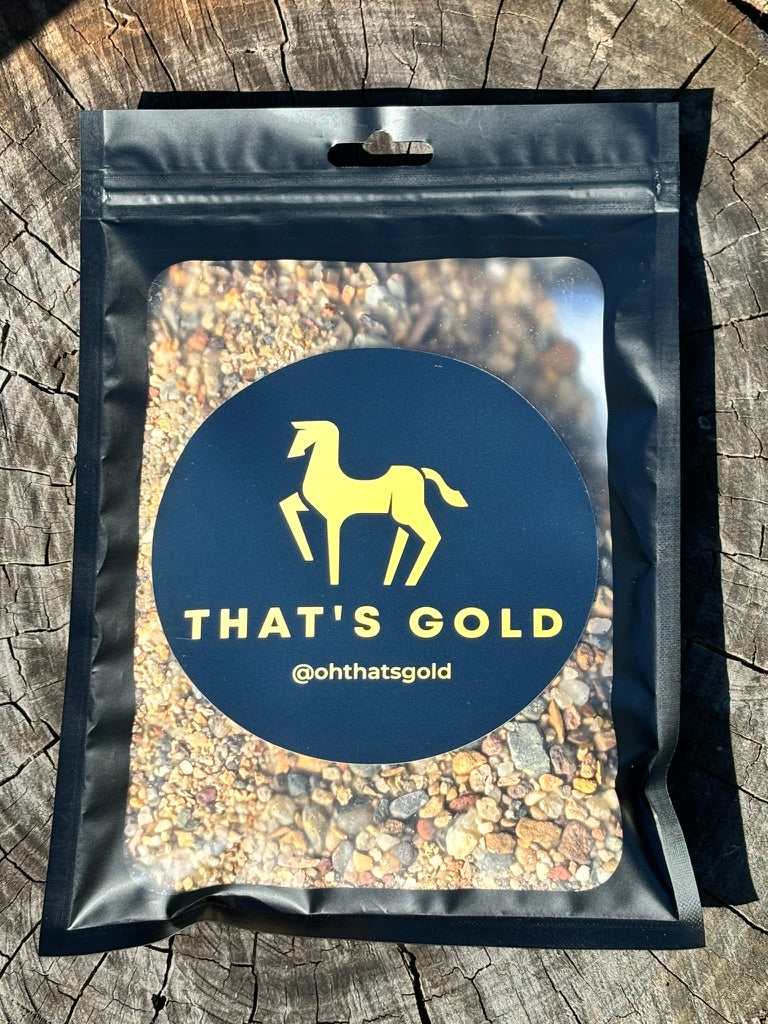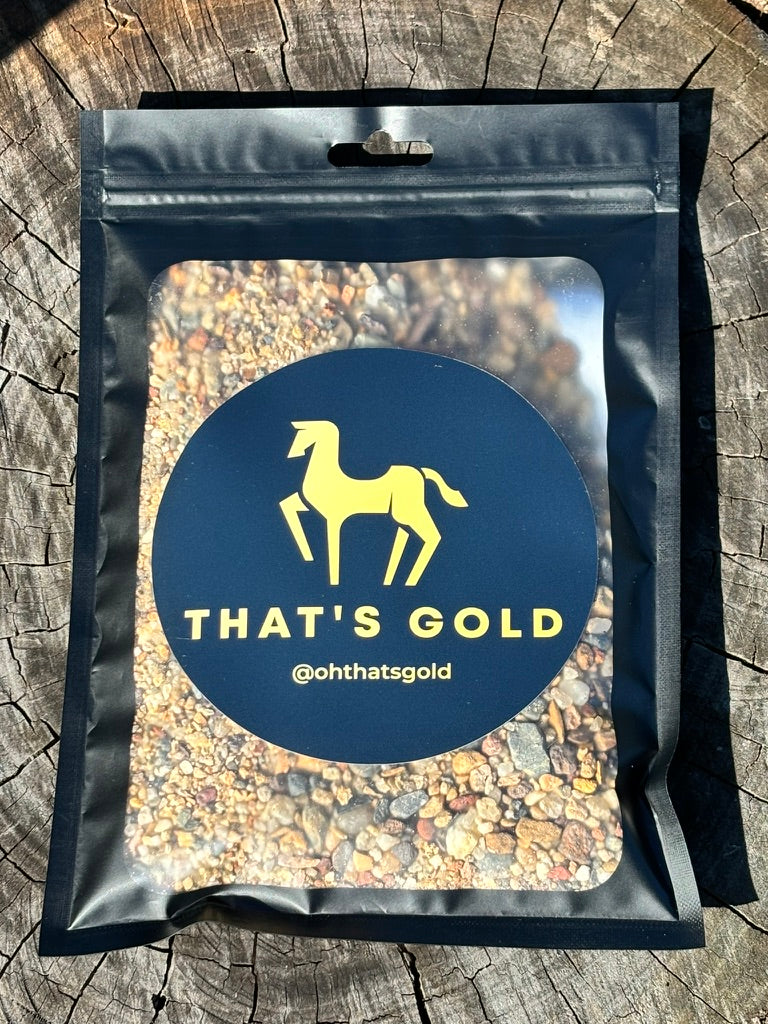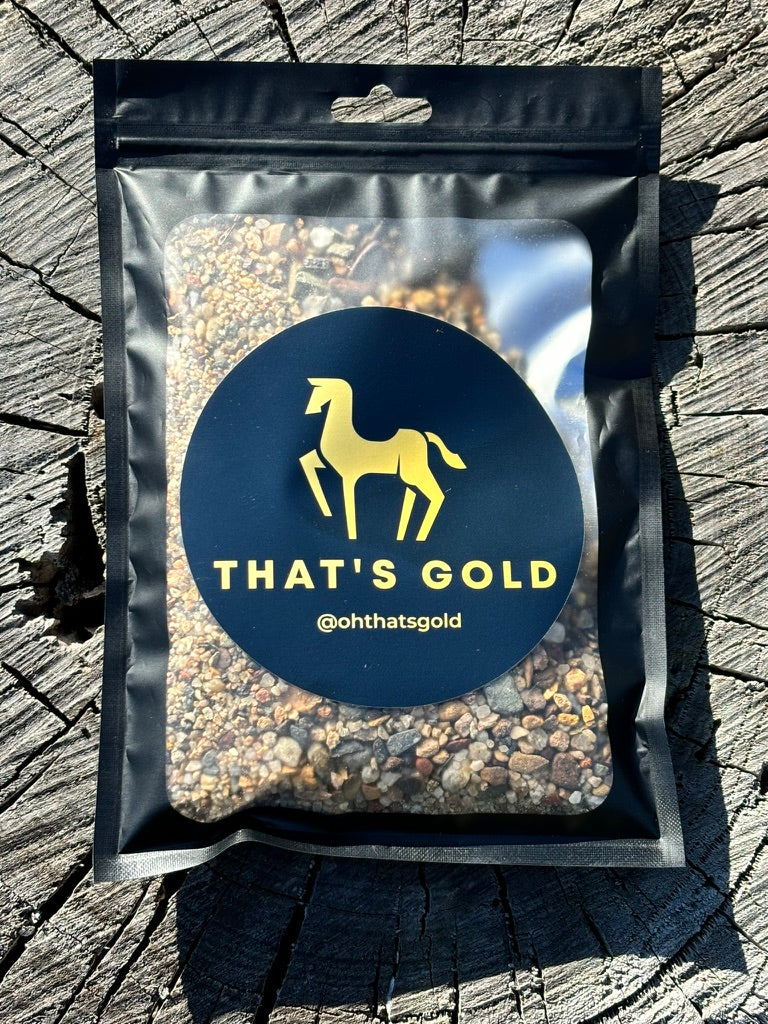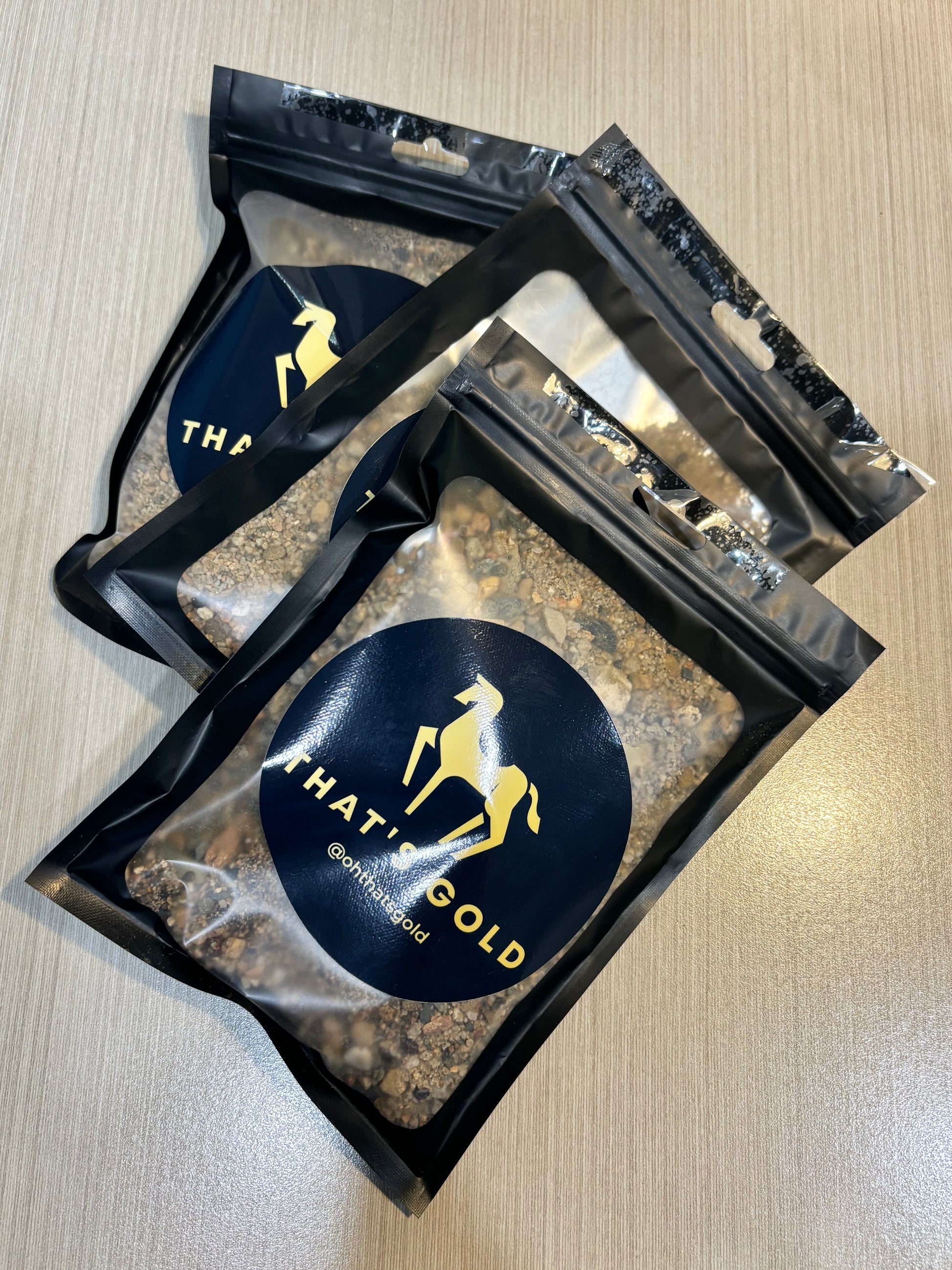In Australia, many enjoy the thrill of gold prospecting as a cherished hobby. Amidst the excitement of uncovering valuable finds, an important consideration arises regarding tax obligations. If gold prospecting is pursued purely as a hobby, individuals do not need to declare their earnings to the Australian Taxation Office (ATO).

While the joy of discovering gold can be rewarding, hobbyists should remain informed about any legal or financial implications that may follow their findings. Understanding whether these activities could be classified differently based on frequency and profit can affect one's obligations.
Navigating the intricacies of gold prospecting requires awareness of potential tax responsibilities, especially when it comes to selling any discovered gold. This article will explore these aspects to ensure hobbyists are well-equipped to enjoy their passion without unintended consequences.
Key Takeaways
- Hobbyists in Australia generally don't need to report gold finds to the ATO.
- Selling gold found during hobby prospecting may incur tax obligations.
- Understanding the classification of gold prospecting activities can be beneficial.
Understanding Gold Prospecting in Australia
Gold prospecting in Australia requires an understanding of specific regulations and the distinction between hobbyist and professional activities. Different states have unique requirements regarding licenses and reporting obligations, which can impact how individuals approach their prospecting ventures.
Licenses and Regulations
In Australia, a Miner’s Right or equivalent license is necessary to legally prospect for gold. For instance, in Western Australia, individuals must obtain a Miner’s Right from the Department of Mines, Industry Regulation and Safety. This allows access to crown land for prospecting.
In New South Wales and Victoria, regulations differ significantly. NSW requires a Prospecting Permit, while Victoria mandates a Miner’s Right as well. Queensland and the Northern Territory also have their own licensing systems.
Failing to secure the appropriate license can lead to legal consequences, such as fines and loss of equipment. Understanding these legal obligations is crucial before starting any prospecting activities.
Gold Prospecting as a Hobby vs. Business
Classifying gold prospecting as a hobby or a business has significant tax implications in Australia. If gold prospecting is deemed a hobby, any income earned does not need to be declared to the Australian Taxation Office (ATO). This applies if the activity is not conducted for profit and is pursued recreationally.
However, if an individual engages in gold prospecting with the aim of generating income, it is classified as a business. In this case, all earnings must be reported to the ATO, but the individual can also claim expenses related to the prospecting activities. It is important for prospectors to understand the thresholds for classification to ensure compliance with tax regulations.
Tax Obligations for Hobbyists

When engaging in gold prospecting as a hobby, it is essential to understand the tax implications and reporting requirements. Hobbyists may not need to declare earnings in the same way a business would, but specific circumstances may still lead to tax obligations.
Reporting Requirements
Hobbyists typically do not need to report income from casual gold finds to the Australian Taxation Office (ATO). According to ATO regulations, if the activity is genuinely a hobby, individuals can keep the proceeds without declaring them. However, if the gold prospecting activity generates significant income regularly, the ATO may classify it as a business. In such cases, individuals must report earnings in their annual tax return.
If a hobbyist sells gold, there is a possibility for obligations to arise if the sales exceed certain thresholds. Understanding the line between a hobby and a business can help avoid unnecessary reporting. Regular assessments of income and activity patterns may be beneficial for hobbyists.
Capital Gains Tax Considerations
Capital Gains Tax (CGT) may apply when a hobbyist sells gold that has appreciated in value. If gold is sold as part of a hobby, any profit made may not be subject to CGT if the sale is infrequent.
However, if a hobbyist pursues gold prospecting more as a business, CGT implications can arise. In this scenario, individuals must calculate gains and report them in their tax returns. This includes maintaining records of acquisition costs and sale prices to accurately compute any potential capital gain. Understanding these nuances can aid individuals in navigating their tax obligations effectively.
It's prudent for hobbyists to stay informed about both reporting requirements and CGT considerations to ensure compliance with ATO regulations.
The Process of Selling Gold in Australia

Selling gold in Australia can take various forms, depending on what the seller has and their needs. Understanding the different avenues available is crucial for making informed decisions and optimising returns.
Selling to a Gold Buyer
Selling gold to a dedicated gold buyer is a straightforward process. Many gold buyers operate both online and in physical stores, offering competitive prices based on the current gold market value. When selling, sellers should ensure they deal with reputable buyers to avoid scams.
Sellers can expect an assessment of their gold either through a quick inspection or more detailed appraisals. It's wise to gather multiple quotes to gauge the fair market value. After agreeing on a price, the transaction typically involves immediate payment.
In Australia, sales exceeding AUD 10,000 may require reporting to the Australian Taxation Office (ATO) for tax purposes, so sellers should keep records of all transactions.
Instant Cash for Gold
For those needing quick funds, the instant cash for gold option is attractive. Many businesses offer cash payments immediately after evaluation. This method suits individuals looking for immediate financial relief.
The process usually involves bringing gold items to a pawn shop or cash for gold store. These establishments appraise the gold on the spot, determining its value based on weight and purity. Sellers can leave with cash in hand almost instantly.
However, prices can be lower at these outlets compared to selling to a specialised gold buyer. It is essential to compare offers before proceeding, given that not all instant cash providers follow the same pricing criteria.
Selling Gold Jewellery
Selling gold jewellery in Australia can be different from selling bullion. The jewellery's condition, design, and brand play significant roles in determining its value. Some buyers focus exclusively on precious metals, while others appreciate the craftsmanship involved.
Sellers should consider taking their jewellery to specialised jewellery stores or online marketplaces focusing on gold. Many jewellers offer appraisal services, which can help establish a market price.
When selling, it’s important to present pieces in good condition; cleaning them can enhance their appeal. Like other sales, any transaction above AUD 10,000 may necessitate tax reporting to the ATO. Therefore, maintaining accurate records of the sale is advisable.
Tax Considerations for Selling Gold

When individuals in Australia sell gold, particularly when it comes to investment-grade bullion or finds from prospecting, they must understand the tax implications involved. These factors influence how much profit they may retain after tax obligations.
Investment-Grade Bullion vs. Find Gold
Investment-grade gold bullion is subject to Capital Gains Tax (CGT) when sold for a profit. The tax applies if the sale price exceeds the purchase price. Typically, this falls under a 28% tax rate. However, it is crucial to distinguish between bullion and "find" gold. If the gold is a hobby find, the tax implications can differ. In many cases, hobby finds are not taxed unless sold for a substantial profit. Individuals should maintain detailed records of their gold sales to ensure compliance with ATO regulations.
Long-term Holding and CGT Events
Holding gold for more than 12 months can impact capital gains tax liabilities. Individuals may be eligible for a 50% discount on CGT if they meet this holding period requirement. For example, an individual selling gold acquired for $10,000 at $15,000 after 18 months would have a capital gain of $5,000, but only $2,500 would be taxable due to the discount. This long-term strategy encourages investors to think carefully about their selling timing, and it can lead to substantial tax savings. Therefore, understanding CGT events is essential for anyone selling gold in Australia.
Best Practices and Locations for Gold Prospecting

Gold prospecting in Australia can be both rewarding and exhilarating. Knowing the best areas for hunting gold and understanding the regulations that apply will greatly enhance the prospecting experience.
Prospecting in Australia's Golden Triangle
The Golden Triangle, located in Victoria, is renowned for its rich gold deposits and is one of the best places to hunt for gold. This area includes towns like Ballarat, Bendigo, and Stawell, all of which have a rich gold mining history.
Prospectors should utilise both metal detectors and traditional panning techniques to maximise their finds. Each location may have specific rules regarding prospecting, so it is crucial to check local regulations before heading out. The proximity to historical sites also allows prospectors to experience Australia's mining heritage while searching for precious metals.
Exploring Rich Goldfields
Australia features numerous goldfields, each offering unique opportunities for prospecting. Key locations include the Kalgoorlie region in Western Australia and the Echunga goldfields in South Australia.
These goldfields are typically associated with alluvial gold deposits, making them ideal for new and experienced prospectors alike. It's advisable to research the best spots within these areas, as certain locations may yield better results. Bringing appropriate equipment, such as a high-quality metal detector, ensures a more effective search. Additionally, prospectors should maintain an awareness of environmental conditions, as they can greatly impact success rates.
Counter-Terrorism Financing Regulations
Understanding the legal requirements surrounding gold prospecting is essential. In Australia, the Australian Transaction Reports and Analysis Centre (AUSTRAC) oversees regulations related to money laundering and counter-terrorism financing.
Prospectors should be mindful of their reporting obligations if their finds exceed certain monetary thresholds. It's important to keep accurate records of gold sales and purchases. This practice ensures compliance with legal requirements and contributes to a smoother experience when trading or selling gold.
Adhering to regulations not only protects the individual prospector but also helps maintain the integrity of the gold prospecting community.
Frequently Asked Questions

Gold prospecting raises several questions regarding reporting, taxation, and regulations. Understanding these aspects can help individuals navigate their hobby more effectively and ensure compliance with Australian laws.
How much gold can one sell without reporting in Australia?
In Australia, individuals can typically sell small quantities of gold without needing to report it if the sales are irregular and the income is not part of a business. It is advisable to keep sales below a certain threshold to avoid triggering reporting requirements.
Are taxes applicable to gold prospecting profits?
Yes, taxes may apply to profits made from gold prospecting. If the activity is deemed a hobby, any sale proceeds could be considered non-taxable. However, if a person engages in prospecting with the intent to make a profit regularly, then they may need to declare this income.
Is it feasible to sustain oneself through gold prospecting in Australia?
Sustaining oneself through gold prospecting can be challenging. While some individuals have struck it rich, many others find it difficult to generate consistent profits. Factors such as experience, location, and equipment can significantly impact success rates.
Are individuals featured in 'Aussie Gold Hunters' required to pay tax on their findings?
Participants in 'Aussie Gold Hunters' are subject to the same tax laws as other prospectors. If their findings result in a profit, they must declare this income on their tax returns, depending on the nature of their prospecting activities.
Are residents obligated to pay tax on discovered gold in Australia?
Yes, residents must pay tax on any discovered gold if it is sold for a profit. Tax obligations vary based on whether the activity is categorized as a hobby or a business, affecting how profits are reported to the Australian Taxation Office.
Is a licence requisite for gold prospecting in Australia?
Most states in Australia require individuals to obtain a mining or prospecting licence before engaging in gold prospecting. The specific requirements and types of licences can vary by state, so it is essential to check local regulations before starting.

